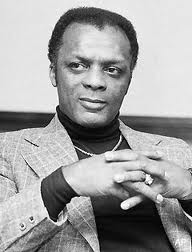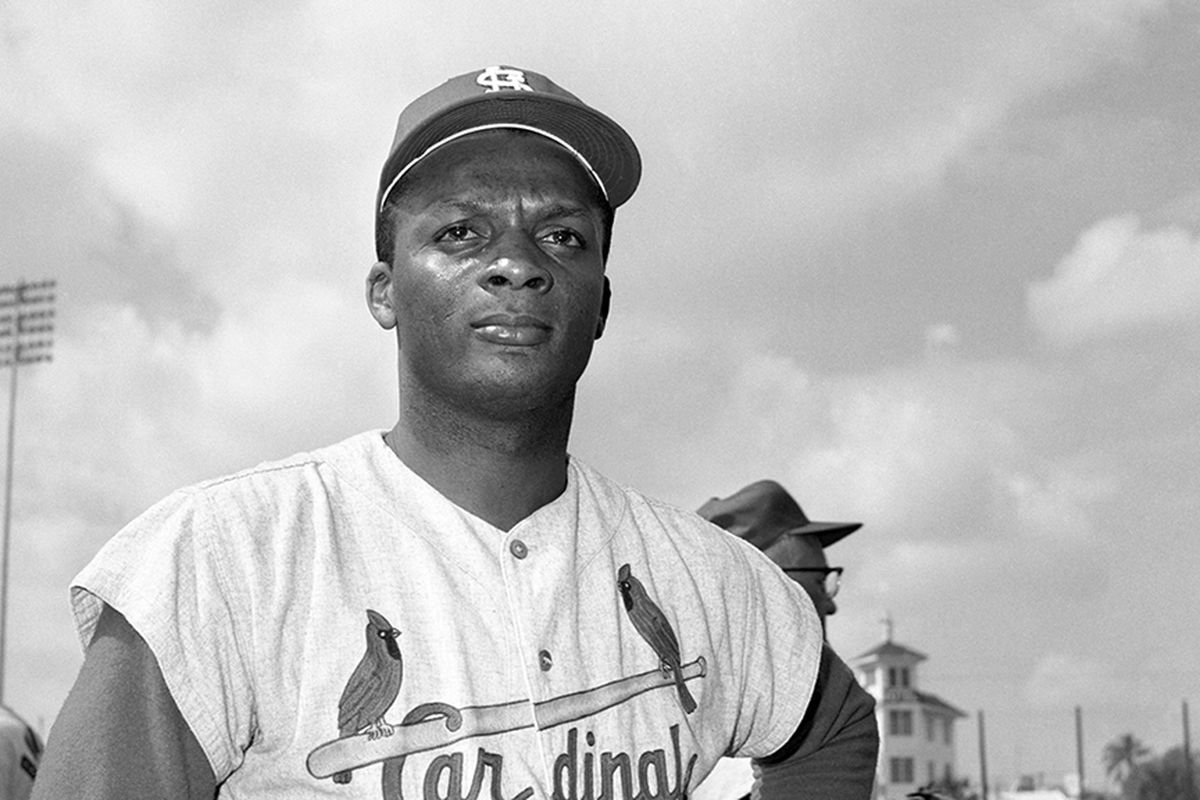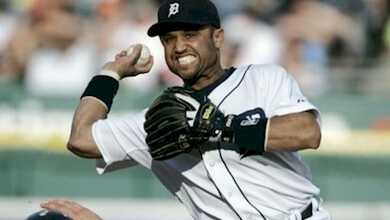Curt Flood Goes to Washington – Podcast Season 3, Episode 3
This week we look at Curt Flood going to Washington. Bean Balls that changed lives – Ray Chapman and Tony C, Power steals by Vic Power, and lost icon as Mickey Mantle Passes away, One incredible streak by Jack Taylor. Listen to our new section on Fan Stories – today we thank Ray Wilson. On…






